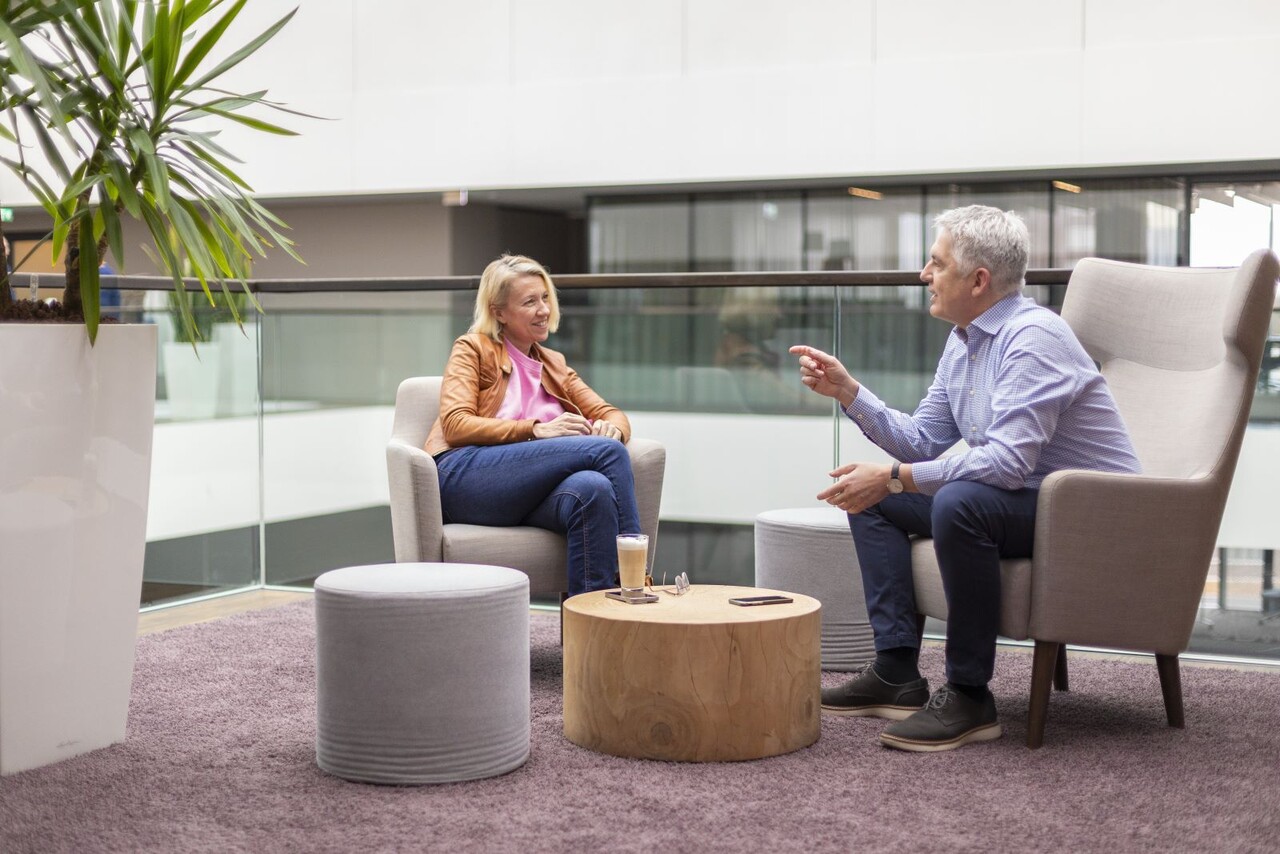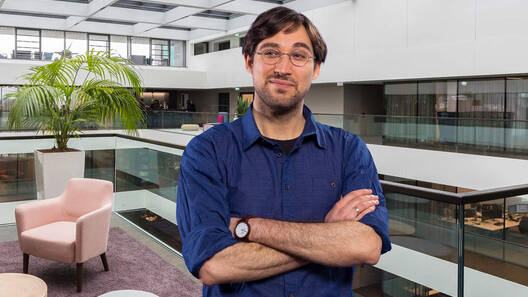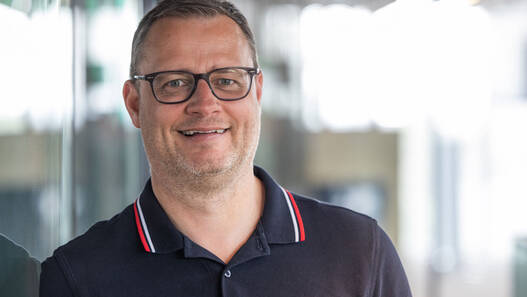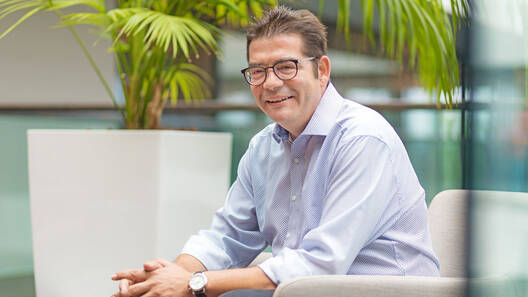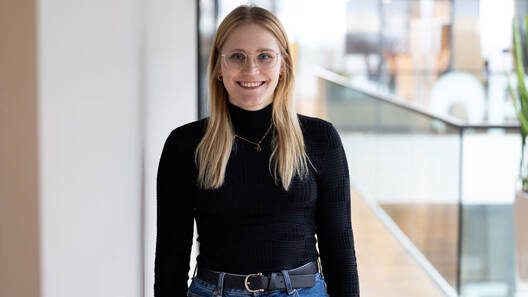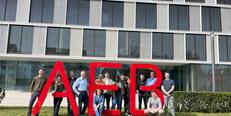Assuming the Co role does not mean climbing the career ladder. “Many people think: Ah, becoming Co is a career move. But that's actually wrong,” explains Oli. “Being a Co is a discipline. You’re capable of doing it or you are not. Not everyone has to be capable of doing it, but everyone deserves a good Co so that they can develop. And that's why we attach great importance to ensuring that the people who take on this role have the tools, the ability, and the skills.”
As a Co, you are deeply connected to AEB, embody the company’s values, and possess empathy, keen perception, and strong communication skills. A Co supports reflection, encourages, confronts, and opens up new perspectives. And they consciously take the time to do so.
The role offers opportunities – for both sides. “You gain deeper insights into the company and continue to grow yourself as well,” says Claas. For the employees, their Co means real support for their own development.
